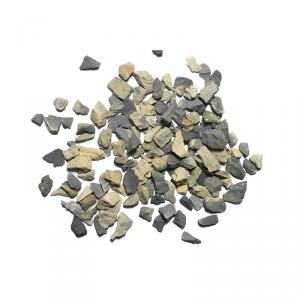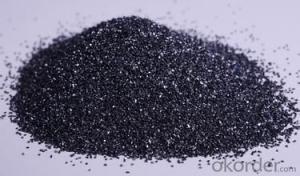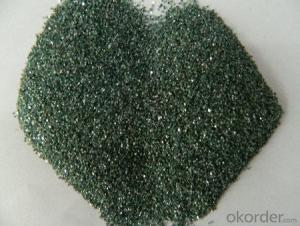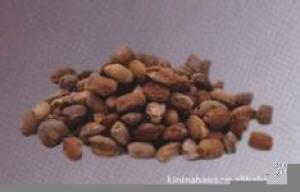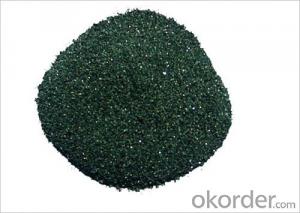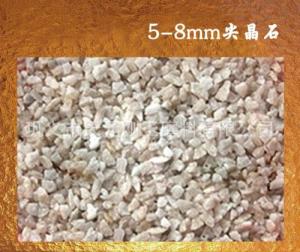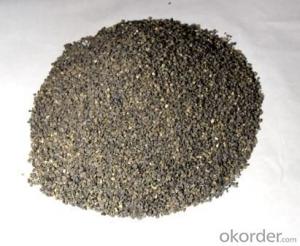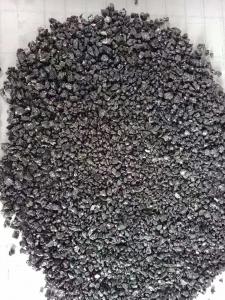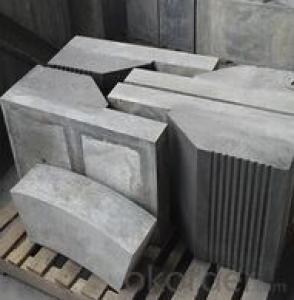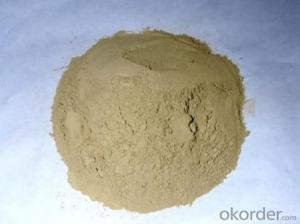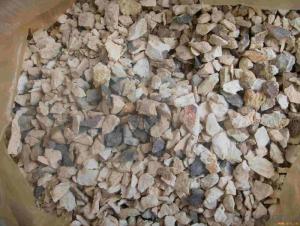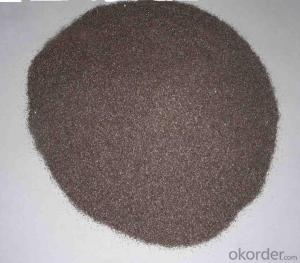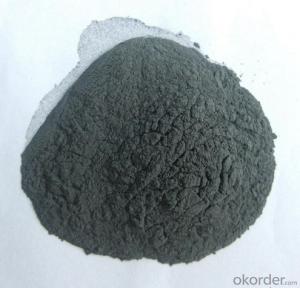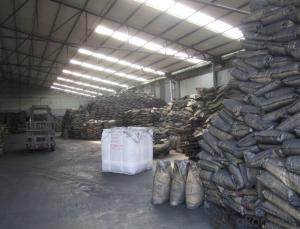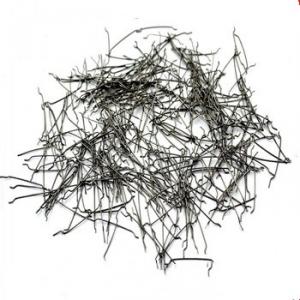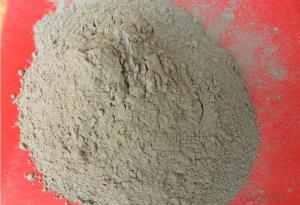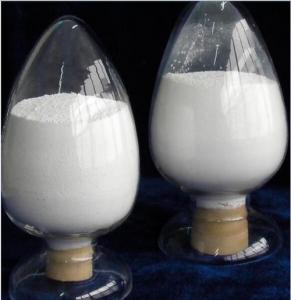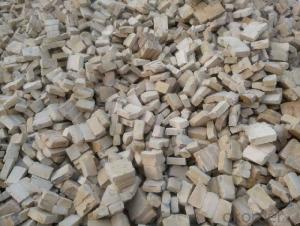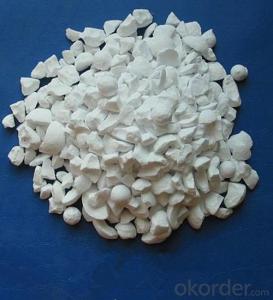All Categories
- - Steel Wire Rod
- - Steel Coils
- - Steel Profiles
- - Steel Pipes
- - Stainless Steel
- - Tinplate
- - Special Steel
- - Steel Sheets
- - Steel Rebars
- - Steel Strips
- - Hot Rolled Steel
- - Cold Rolled Steel
- - Pre-painted Steel
- - Seamless Steel Pipe
- - Welded Steel Pipe
- - Hollow Steel Tubes
- - Galvanized Pipe
- - Stainless Steel Coil
- - Stainless Steel Sheet
- - Stainless Steel Plate
- - Stainless Steel Strips
- - Electrolytic Tinplate Coil
- - Electrolytic Tinplate Sheet
- - Stainless Steel Rebars
- - Solar Panels
- - Solar Water Heater
- - Solar Related Products
- - Solar Inverter
- - Solar Cells
- - Solar Light
- - Solar Energy Systems
- - Solar Controllers
- - Solar Mounting System
- - Solar Pump
- - Solar Chargers
- - Fiberglass Chopped Strand
- - Fiberglass Mesh Cloth
- - Composite Pipes
- - FRP Pultrusion Profiles
- - Fiberglass Mat Tissue
- - Fiberglass Fabrics
- - Fiberglass Mesh
- - Composite Tank
- - Fiberglass Mesh tape
- - Polymer
- - FRP Roofing Panel
- - Fiberglass Roving
- - Monolithic Refractories
- - Ceramic Fiber Products
- - Refractory Bricks
- - Raw Materials For Refractory
- - Suspended Platform
- - Cranes
- - Concrete Machinery
- - Earthmoving Machinery
- - Building Hoist
- - Road Building Machinery
- - Plastic Pipe Fittings
- - Plastic Tubes
- - Plastic Sheets
- - Agricultural Plastic Products
- - Plastic Nets
Q & A
How do refractory materials perform under reducing atmospheres?
Refractory materials generally perform well under reducing atmospheres due to their ability to withstand high temperatures and chemical reactions. These materials have a high resistance to corrosion and oxidation, which makes them suitable for applications in industries such as steelmaking, ceramics, and glass manufacturing.
How are high-alumina refractory bricks obtained and processed for refractory production?
High-alumina refractory bricks are obtained and processed for refractory production through a series of steps. The process typically involves sourcing high-quality raw materials, such as bauxite or alumina, which are then crushed and ground to a fine powder. This powder is mixed with various additives, binders, and water to form a moldable clay-like mixture.
The mixture is then shaped into brick forms through various methods such as extrusion, pressing, or casting. These green bricks are then dried to remove any remaining moisture.
Next, the dried bricks undergo a firing process in a kiln at extremely high temperatures, typically above 1500°C. This firing process, known as sintering, helps to further strengthen the bricks by causing a chemical reaction that bonds the particles together, resulting in a dense and highly durable structure.
After sintering, the bricks are cooled down and undergo quality control checks to ensure they meet the required specifications for refractory applications. The final high-alumina refractory bricks are then ready for use in various industries, such as steel, cement, glass, and petrochemical, where they exhibit excellent thermal resistance and durability.
What are the refractory raw materials used in lining acid storage tanks?
The refractory raw materials commonly used in lining acid storage tanks are acid-resistant bricks or tiles, which are made from materials such as silica, alumina, and various types of clay. These materials have excellent resistance to acid corrosion and can withstand the harsh chemical environment inside the tanks. Additionally, acid-resistant mortars and coatings may also be used to enhance the protection and longevity of the tank lining.
How does the addition of calcium aluminate improve the properties of refractories?
The addition of calcium aluminate improves the properties of refractories in several ways. Firstly, it increases the refractoriness, or the ability to withstand high temperatures, of the refractory material. Calcium aluminate has a high melting point and excellent heat resistance, allowing refractories to maintain their structural integrity even at extreme temperatures.
Additionally, calcium aluminate enhances the strength and stability of refractories. It forms durable compounds that improve the bonding between particles, resulting in higher mechanical strength and reduced risk of cracking or spalling under thermal stress.
Furthermore, the addition of calcium aluminate can enhance the corrosion resistance of refractories. It forms a protective layer on the surface of the refractory material, which helps prevent chemical reactions with aggressive substances or molten metals, thereby extending the lifespan of refractory linings.
Overall, the inclusion of calcium aluminate in refractories is crucial for achieving superior thermal stability, strength, and corrosion resistance, making them suitable for various high-temperature applications like furnaces, kilns, and reactors.
Wholesale Raw Materials For Refractory from supplier in Cameroon
Whether you are in need of raw materials for manufacturing refractory bricks, castables, or other refractory products, our company is here to meet your requirements. We understand the importance of high-quality raw materials in the production of durable and effective refractory products.
As a reputable supplier, we have a wide range of raw materials available, including but not limited to:
1. Refractory aggregates: We offer a variety of aggregates such as bauxite, andalusite, chamotte, silica, and magnesite. These aggregates are essential components in refractory products, providing strength, thermal resistance, and chemical stability.
2. Binders and additives: Our selection includes binders like alumina cement and additives such as plasticizers, deflocculants, and stabilizers. These materials enhance the workability, setting time, and overall performance of refractory products.
3. Refractory fibers: We supply high-quality ceramic fibers, including alumina-silica fibers and polycrystalline fibers. These fibers improve the insulation properties and mechanical strength of refractory products.
Our dedicated sales team is always ready to assist you with your inquiries and provide detailed product information. We offer competitive prices and can provide quotations tailored to your specific needs.
Furthermore, our technical support team is available to offer guidance and expertise in selecting the most suitable raw materials for your projects. We understand the unique challenges and requirements of the Cameroon market and can provide valuable insights to ensure the success of your refractory projects.
As a subsidiary of CNBM, a Fortune Global 500 company, we have the advantage of a strong global network and reliable supply chain. This enables us to offer convenient one-stop procurement services, ensuring timely delivery and consistent quality.
Choose our company as your trusted supplier of raw materials for refractory products in Cameroon. With our comprehensive range of products, exceptional services, and industry expertise, we are confident in our ability to meet and exceed your expectations. Contact us today to discuss your requirements and let us support your refractory projects.
As a reputable supplier, we have a wide range of raw materials available, including but not limited to:
1. Refractory aggregates: We offer a variety of aggregates such as bauxite, andalusite, chamotte, silica, and magnesite. These aggregates are essential components in refractory products, providing strength, thermal resistance, and chemical stability.
2. Binders and additives: Our selection includes binders like alumina cement and additives such as plasticizers, deflocculants, and stabilizers. These materials enhance the workability, setting time, and overall performance of refractory products.
3. Refractory fibers: We supply high-quality ceramic fibers, including alumina-silica fibers and polycrystalline fibers. These fibers improve the insulation properties and mechanical strength of refractory products.
Our dedicated sales team is always ready to assist you with your inquiries and provide detailed product information. We offer competitive prices and can provide quotations tailored to your specific needs.
Furthermore, our technical support team is available to offer guidance and expertise in selecting the most suitable raw materials for your projects. We understand the unique challenges and requirements of the Cameroon market and can provide valuable insights to ensure the success of your refractory projects.
As a subsidiary of CNBM, a Fortune Global 500 company, we have the advantage of a strong global network and reliable supply chain. This enables us to offer convenient one-stop procurement services, ensuring timely delivery and consistent quality.
Choose our company as your trusted supplier of raw materials for refractory products in Cameroon. With our comprehensive range of products, exceptional services, and industry expertise, we are confident in our ability to meet and exceed your expectations. Contact us today to discuss your requirements and let us support your refractory projects.
Hot Search
- Monolithic Refractories in Nepal
- Ceramic Fiber Products in South Korea
- Refractory Bricks in Eritrea
- Raw Materials For Refractory in Jordan
- Refractory Bricks in Malawi
- Ceramic Fiber Products in Palau
- Monolithic Refractories in Tajikistan
- Refractory Bricks in Namibia
- Refractory Bricks in Russia
- Refractory Bricks in Cyprus
